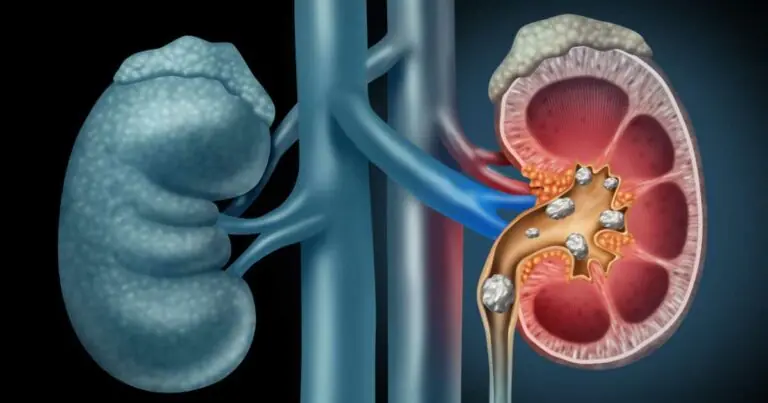
Cabbage Is Nutritious but Harmful for These 5 Groups of People
Cabbage Is Nutritious but Harmful for These 5 Groups of People – Eating It May Do More Harm Than Good
Cabbage is a popular vegetable enjoyed by many, but it is not suitable for everyone. Certain groups of people should be cautious, as consuming cabbage could worsen their health conditions.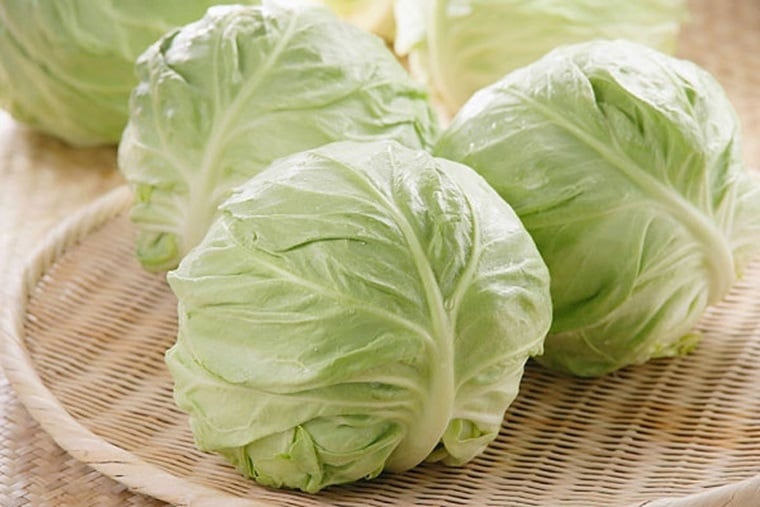
1. People with thyroid disorders (hypothyroidism)
Cabbage contains compounds called goitrogens, which can interfere with the absorption of iodine—an essential element for thyroid function. For those with hypothyroidism, consuming too much cabbage, especially raw cabbage, may aggravate the condition, leading to fatigue, weight gain, and hormonal imbalances. People with thyroid issues should limit cabbage intake or only eat small amounts that are thoroughly cooked.
2. People with bloating, indigestion, or flatulence
Cabbage is rich in insoluble fiber and tends to produce gas during digestion. For individuals with weak digestive systems, frequent stomach discomfort, or digestive disorders, eating cabbage can trigger bloating, belching, and abdominal discomfort—especially if undercooked or eaten at night alongside oily foods.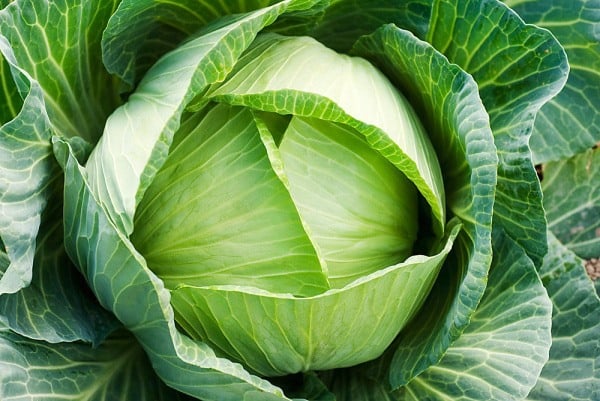
3. People with a history of kidney stones
Although cabbage is not the highest in oxalates, it still contains a considerable amount. Oxalates can bind with calcium in the body to form calcium oxalate crystals, a common cause of kidney stones. Regularly eating cabbage without sufficient water intake can increase the risk of stone formation. Those prone to kidney stones should eat cabbage in moderation and stay well-hydrated.
4. People taking blood-thinning medications (such as warfarin)
Cabbage is naturally high in vitamin K, which plays a role in blood clotting. For individuals on anticoagulants like warfarin, excessive vitamin K intake may reduce the effectiveness of the medication and increase the risk of blood clots. While patients don’t need to completely avoid cabbage, they should keep vitamin K intake consistent and avoid consuming it in large amounts.
5. People with irritable bowel syndrome (IBS)
Cabbage belongs to the category of high-FODMAP foods—types of carbohydrates that are difficult to digest and easily fermented in the gut. For individuals with IBS, eating cabbage may trigger abdominal pain, bloating, and indigestion. To minimize symptoms, they should avoid raw cabbage, eat small amounts if desired, cook it thoroughly, and carefully monitor their body’s response.
News in the same category


Eliminate Refrigerator Odors with Just Two Common, Cheap Items

This One Superfood Could Tackle Major Health Issues—Here’s What You Need To Know

Male contraceptive pill appears to be safe without side effects in early trials

The Volume Buttons on Your iPhone Have Countless Hidden Features

4 Things You Should Never Say At A Funeral — No Matter What

Mass Panic as ‘New Baba Vanga’ Predicts Majo Disasters Striking in Just One Month
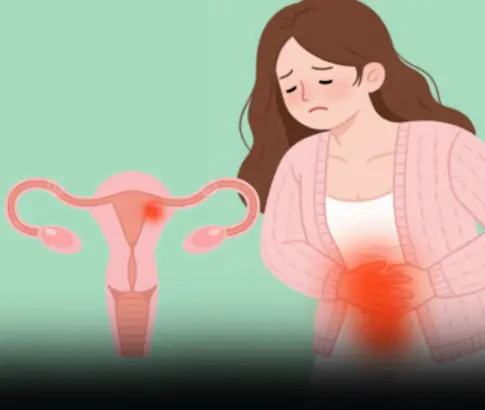
8 Early Warning Signs Of Ovarian Cancer You Shouldn’t Ignore

5 foods you should never keep overnight

Pain ON The Left Side Of The Body: What it could mean?

3 Ways to Prevent Snakes from Entering Your House: Protect Your Family

When a Washing Machine Shows 7kg, 8kg, or 10kg, Is That the Weight of Dry or Wet Clothes?

Don’t wear these two types of slippers on the plane—they can compromise your safety

On Humid Days, Walls Are Prone to Mold and Peeling

You Don’t Need to Mop the Floor All Week, But It Will Still Be Spotless Thanks to These 4 Amazing Tips That Very Few People Know

Do you need to unplug the rice cooker after the rice is cooked?

Effective and simple ways to restore a non-stick pan without needing to replace it

Defrosting Shrimp by Soaking in Water Is a Mistake

Effective tips to kill cockroaches and keep your house clean
News Post
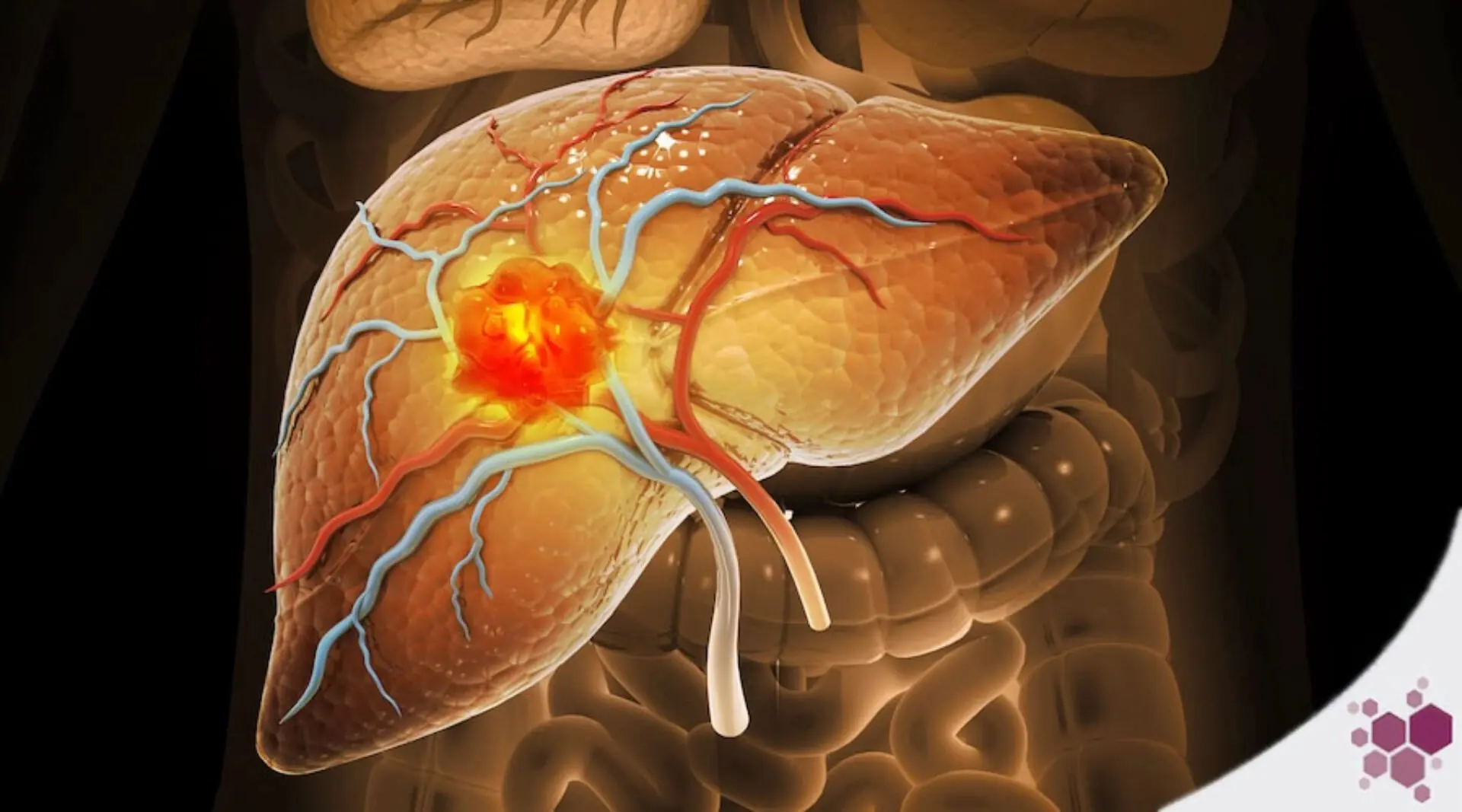
Li.ver Can.cer “Fears” These 7 Foods

5 Types of Vegetables That “Naturally Contain Toxi.ns”
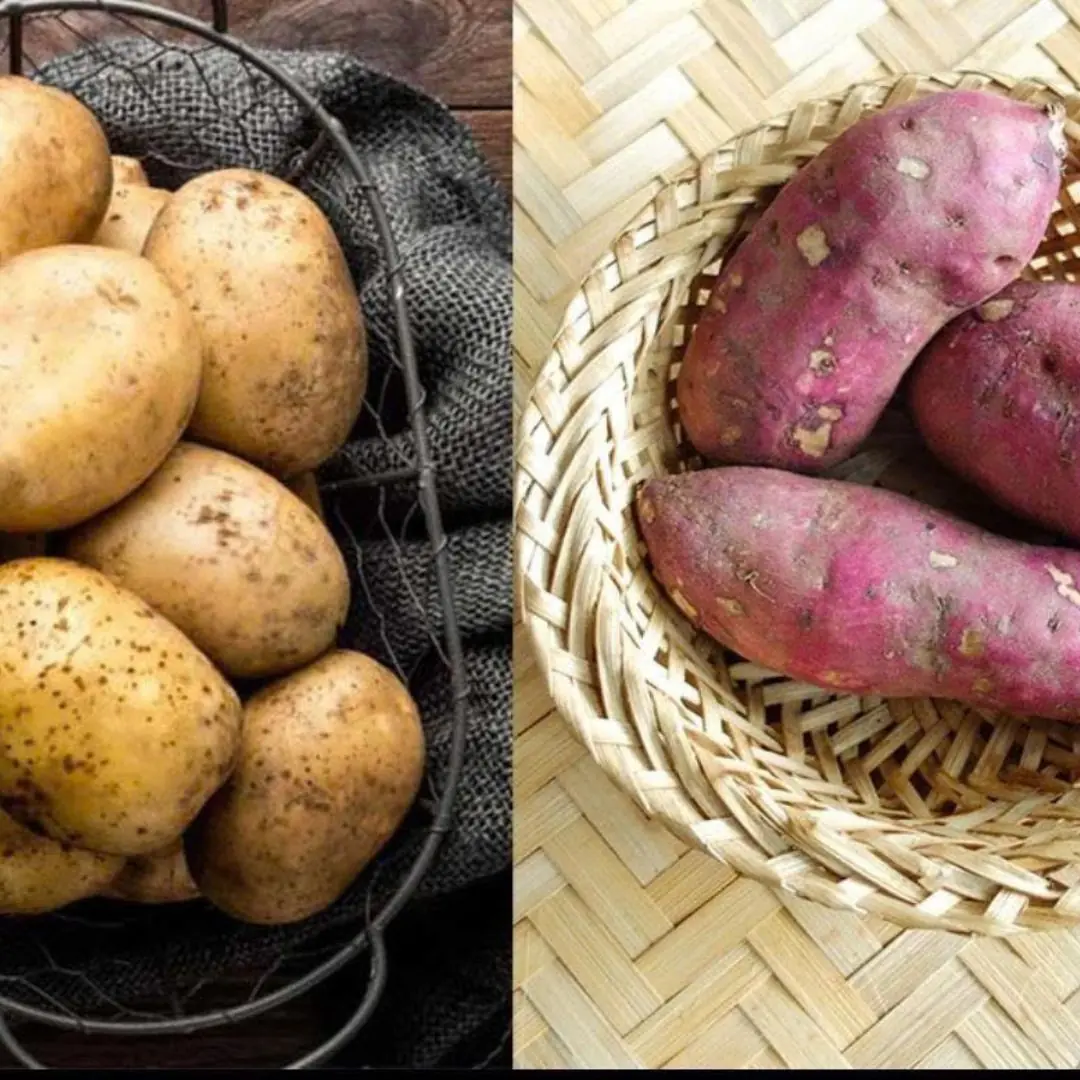
Sweet Potato vs. Potato: The Truth About Their Health Benefits

Waking up with foamy urine: Warning of 3 serious illnesses, number 1: Go to the hospital quickly

These common garden leaves could be a natural remedy for bone and joint problems—yet many overlook their power

Waking up with 6 strange tastes in your mouth, watch out for internal organs being sic.k

Headaches at these times warn of extremely dang.erous diseases

These 4 parts of a pig may be delicious and inexpensive, but you shouldn’t eat them too often—don’t let greed harm your health

Reasons why you should stop eating tilapia as soon as possible
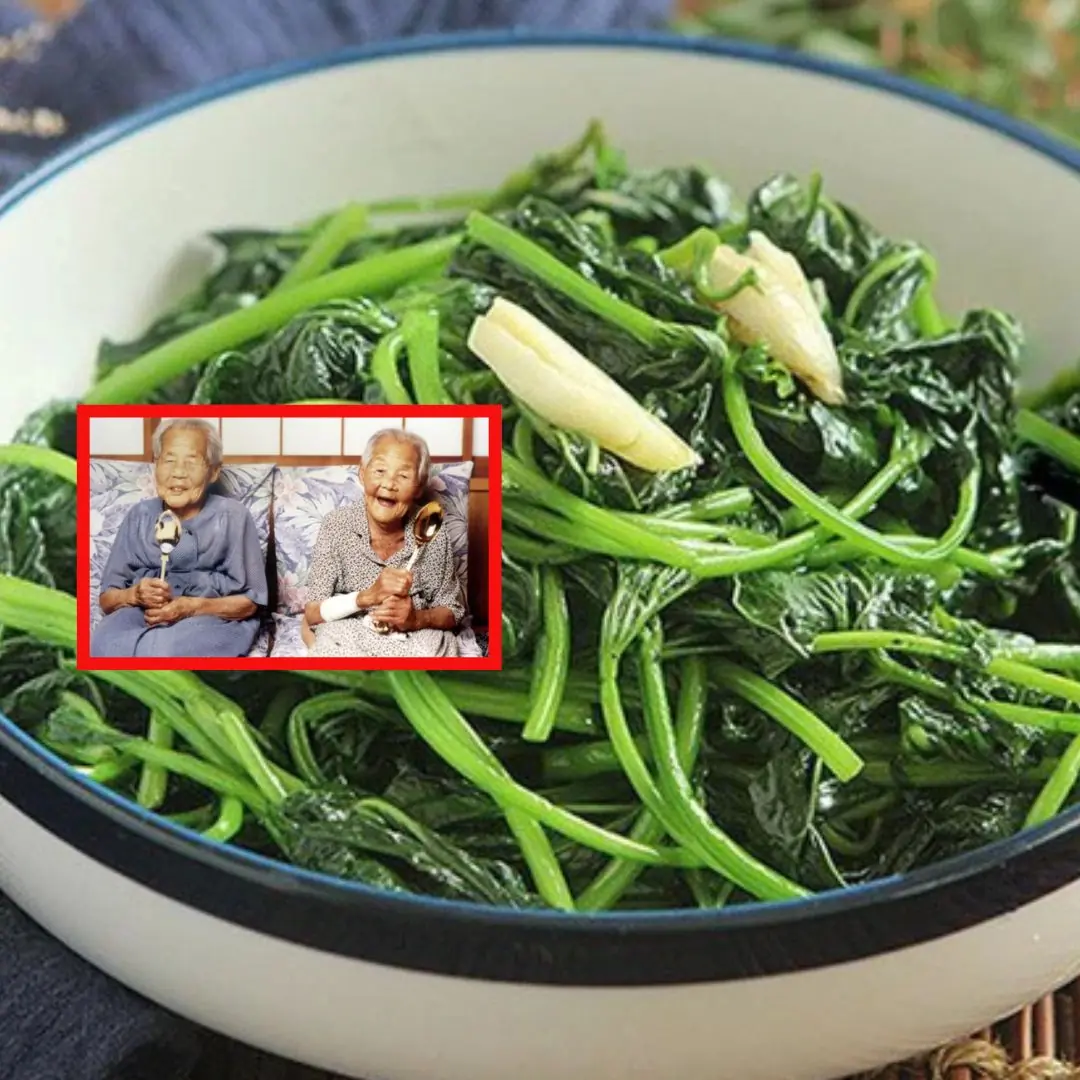
Rich in nutrients, these 3 vegetables are considered by the Japanese as a longevity eli.xir

Frying Anything Without Sticking: Just Add This Liquid to the Pan

2 Hygiene Habits That “Damage” the Inti.mate Area

Eliminate Refrigerator Odors with Just Two Common, Cheap Items

3 Types of Autumn Vegetables Known as the “Kings of Calcium” Everyone Should Eat Regularly

Does eating boiled eggs every day benefit or harm the li.ver?

Groups of people absolutely abstain from eating chayote squash to avoid bringing disaster upon themselves

People with weak kidneys often have pain in 5 places: If you have 1, you need to see a doctor immediately!

5 abnormalities that appear at night warn of "blood flooding the street", even young people should not be subjective
